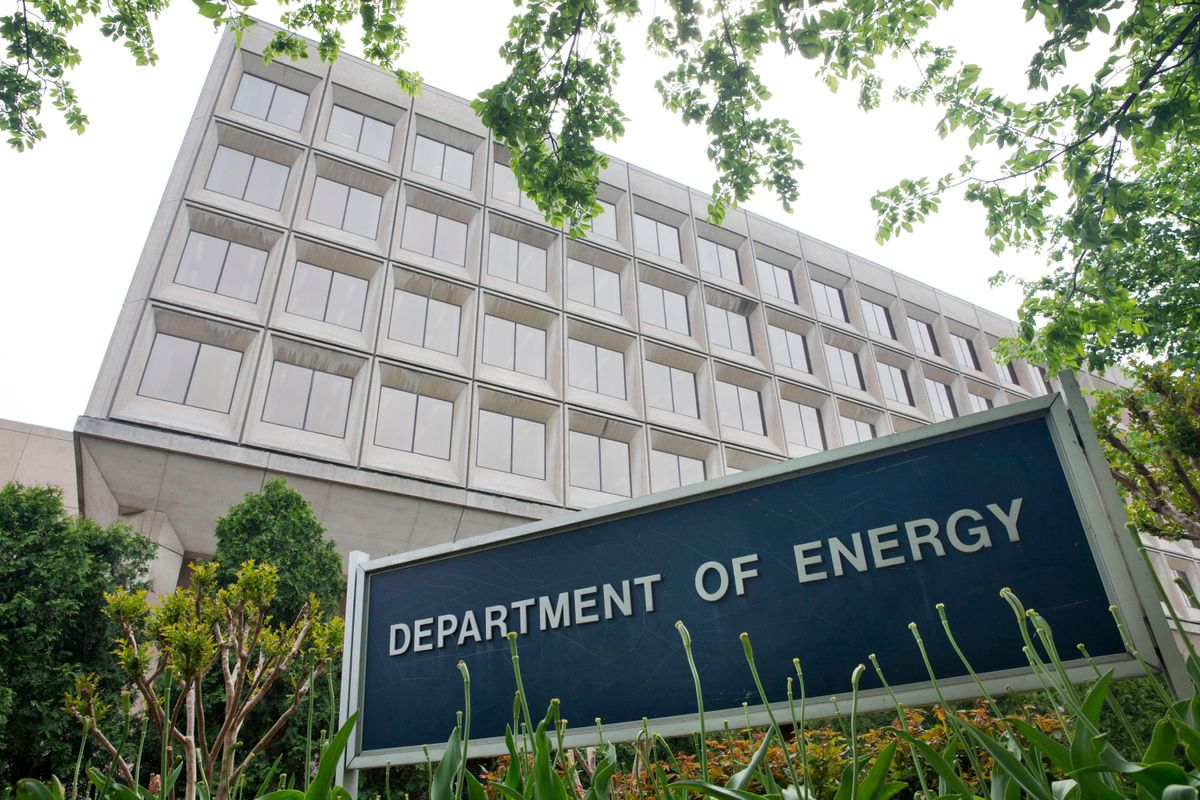Former President Donald Trump has signed an executive order initiating a new artificial intelligence project named the Genesis Mission, aimed at accelerating scientific discoveries. The announcement, made on November 24, 2025, underscores the administration’s commitment to leveraging cutting-edge technology in research, pushing for innovation in various fields including healthcare, climate science, and national security.
The Genesis Mission seeks to harness the capabilities of artificial intelligence to streamline research processes, enhance predictive modeling, and improve data analysis. By integrating AI into scientific endeavors, the initiative hopes to overcome traditional barriers and enable faster, more efficient discoveries. The executive order outlines a vision where AI serves as a key driver in solving complex global challenges.
In a statement, Trump emphasized the transformative potential of AI technologies. “We are on the brink of a new era in scientific advancement, and the Genesis Mission will ensure that our nation leads the way,” he stated. Trump believes that by prioritizing AI, the United States can maintain its competitive edge in global innovation and secure its position as a leader in science and technology.
The executive order calls for collaboration between federal agencies, private sector companies, and academic institutions. The Department of Energy will lead the implementation, directing the 17 national laboratories to build a digital platform to concentrate the nation’s scientific data in one place. This partnership aims to pool resources and expertise in order to maximize the impact of AI on scientific research.
According to Michael Kratsios, who heads the White House Office of Science and Technology Policy, the initiative will use AI to “automate experiment design, accelerate simulations and generate predictive models for everything from protein folding to fusion plasma dynamics.” He added that this will shorten discovery timelines from years to days or even hours, empowering scientists to test bolder hypotheses.
Experts in the field of AI and science have welcomed the initiative, noting that it aligns with ongoing trends in research. Many researchers have already started incorporating machine learning and data analytics into their work, which has led to significant advances in drug discovery, climate modeling, and materials science. The Genesis Mission builds on these existing efforts, potentially expanding their reach and effectiveness.
Key focus areas for the program include biotechnology, critical materials, nuclear fission and fusion energy, space exploration, quantum information science, and semiconductors. Tech giants such as Nvidia, Dell, and Oracle have already expressed significant interest in participating in the initiative.
However, the initiative is not without its challenges. Ethical considerations surrounding AI, such as data privacy and algorithmic bias, must be addressed as the project moves forward. Stakeholders are advocating for robust guidelines to ensure that the deployment of AI technologies is responsible and equitable. Balancing rapid advancement with ethical oversight will be crucial to the mission’s long-term success.
Another critical issue is the toll AI could take on energy grids. Residential electricity costs are on the rise, with the average price of electricity in America increasing 13% since 2022. The massive data centers required for training and using AI models are among the drivers of rising power demand.
As the Genesis Mission unfolds, its impact on the scientific community will likely be closely monitored. Researchers are eager to see how the integration of AI will reshape methodologies and outcomes in various fields. White House officials have portrayed the effort as the largest marshaling of federal scientific resources since the Apollo space program in the 1960s.
Looking ahead, the Genesis Mission may set a precedent for how governments approach the intersection of technology and science. If successful, it could inspire similar initiatives globally, encouraging a broader embrace of AI in research. The implications for both national and global scientific landscapes could be profound, potentially redefining how discoveries are made and shared in the 21st century.
See also Carney Advocates Carbon-Neutral AI Data Centers, Champions EU Carbon Pricing at G20 Summit
Carney Advocates Carbon-Neutral AI Data Centers, Champions EU Carbon Pricing at G20 Summit Microsoft’s Agentic AI Launch Achieves 10x ROI with 99% Payroll Audit Efficiency
Microsoft’s Agentic AI Launch Achieves 10x ROI with 99% Payroll Audit Efficiency Trump Launches ‘Genesis Mission’ to Harness AI for Scientific Breakthroughs and Economic Growth
Trump Launches ‘Genesis Mission’ to Harness AI for Scientific Breakthroughs and Economic Growth Global AI Regulations: EU Act and California Law Set 2025 Standards for Ethical Innovation
Global AI Regulations: EU Act and California Law Set 2025 Standards for Ethical Innovation OpenAI Launches Free ChatGPT for Teachers, Enhancing Classroom AI with 2027 Access
OpenAI Launches Free ChatGPT for Teachers, Enhancing Classroom AI with 2027 Access

































































